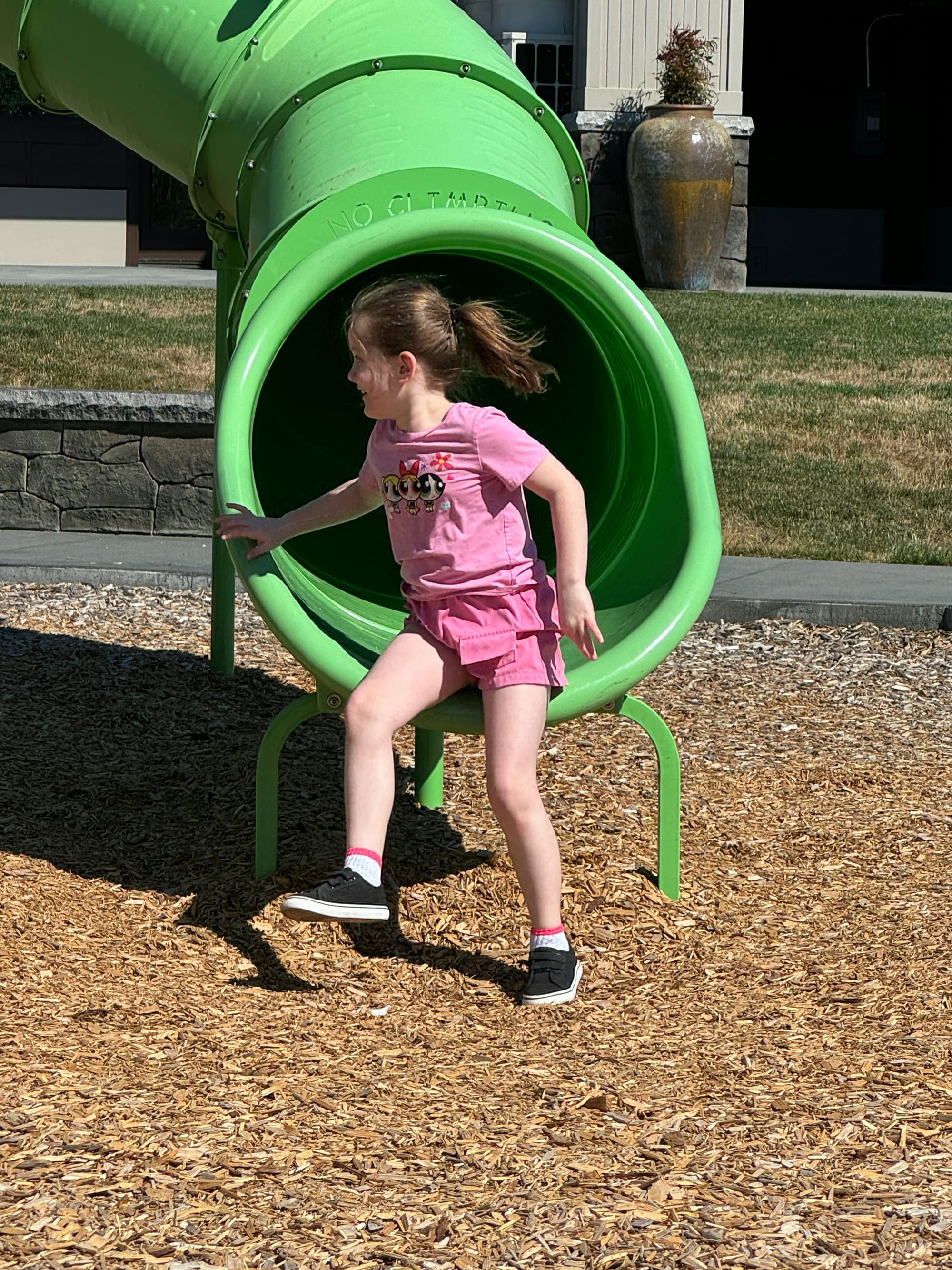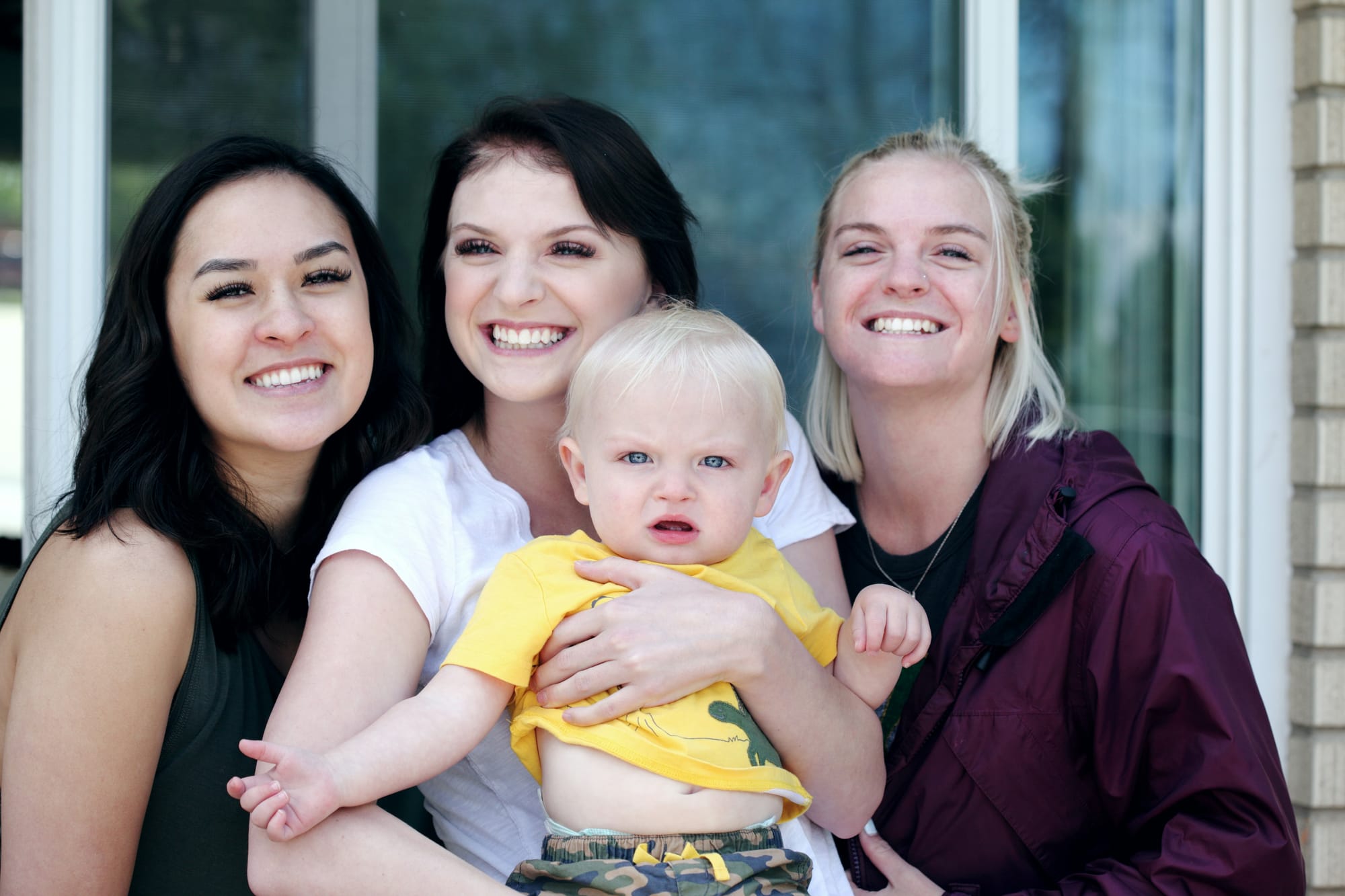Finding Your Tribe: A Homeschool Mom’s Guide to Community and Connection

Homeschooling can be one of the most rewarding experiences for your family — but it can also feel isolating at times. Between planning lessons, managing household tasks, and guiding your children through their learning journey, it’s easy to feel like you’re navigating this path alone. The good news? You don’t have to! Building a strong community of fellow homeschool moms can make all the difference in your confidence, sanity, and overall joy.
Whether you’re a brand-new homeschooler or a seasoned veteran, finding your tribe is possible — and it can be fun, supportive, and deeply fulfilling. In this guide, we’ll explore practical ways to connect with other homeschool moms, tips for building lasting friendships, and ways to strengthen both your personal and homeschool community.

Why Community Matters for Homeschool Moms
You might think homeschooling is inherently a “solo” job, but connecting with others has countless benefits:
- Emotional Support: Sharing struggles and victories with people who understand can ease stress and prevent burnout.
- Resource Sharing: Other homeschool moms can introduce you to curricula, activities, field trips, and local programs.
- Socialization for You and Your Kids: Community isn’t just for the children — moms need connections, too!
- Inspiration and Motivation: Seeing other families’ creative approaches can spark new ideas and keep your homeschool journey fresh.
Building connections isn’t just nice; it’s essential for maintaining balance, confidence, and joy in your homeschooling life.
Step 1: Start with Online Communities
The beauty of today’s world is that you can find support from the comfort of your home. Online communities are perfect for moms who want connection but might not yet have local options.
Ways to get started:
- Facebook Groups: Look for local or niche homeschool groups. Search for your city, your child’s grade, or specific homeschool philosophies like Montessori, Charlotte Mason, or unit studies.
- Instagram & Pinterest: Follow homeschool influencers and creators who share tips and activities. Engage in the comments or DMs to connect.
- Specialized Platforms: Communities like Bettermode, Discord, or Mighty Networks often host homeschool spaces for discussions, resources, and virtual meetups.
Tip: Start small. Comment on posts, share your experiences, or ask questions. Community grows when you engage consistently — it’s about quality, not quantity.

Step 2: Attend Local Meetups and Co-Ops
While online groups are wonderful, face-to-face interaction is invaluable. Many homeschool communities organize meetups, co-ops, or field trips.
Ideas to explore:
- Homeschool Co-Ops: These are group learning experiences where families teach or participate together. They’re great for both kids’ learning and mom connections.
- Library Programs: Public libraries often host reading circles, story times, or homeschool-friendly events.
- Museum or Science Center Classes: Check for workshops or summer programs designed for homeschoolers.
- Park Meetups: Even informal meetups at local parks can spark friendships — bring a picnic and invite other families.
Tip: Don’t be discouraged if you feel nervous at first. Remember, most homeschool moms are looking for connection just like you!

Step 3: Host Your Own Gatherings
If local events are limited, consider creating your own community! You don’t need a huge space or fancy setup — just a willingness to connect.
Ideas to try:
- Playdates for Kids: Simple outdoor or indoor playdates let children socialize while moms connect.
- Coffee & Chat: Invite a few local homeschool moms for coffee or tea. Share tips, experiences, and encouragement.
- Craft or Learning Sessions: Host a small lesson, craft activity, or story time at your home or a community center.
- Walking or Nature Groups: Moms and kids can enjoy fresh air together while building friendships.
Hosting allows you to shape the group’s vibe, focus on shared values, and create a welcoming environment from the start.

Step 4: Volunteer and Get Involved
Another way to build meaningful connections is by volunteering or contributing to your local homeschool community.
Opportunities include:
- Organizing field trips
- Helping with co-op planning or teaching a mini-class
- Leading a craft or science club
- Participating in local homeschool fairs or community events
When you volunteer, you meet other moms in a natural, collaborative setting — and it often leads to friendships that last beyond the activity.

Step 5: Build Meaningful Relationships
It’s one thing to meet other homeschool moms; it’s another to build lasting connections. Here are some tips to deepen relationships:
- Be Consistent: Attend regular meetups or online discussions. Reliability builds trust.
- Share Your Story: Be open about your wins and struggles. Vulnerability creates connection.
- Offer Support: Encourage others, celebrate successes, and check in when someone needs a pick-me-up.
- Exchange Resources: Sharing curriculum tips, books, or lesson ideas creates natural reciprocity.
- Be Patient: Strong relationships take time. Don’t expect instant besties — community develops gradually.
Remember: you don’t need hundreds of friends; a few meaningful connections can be enough to make your homeschool journey richer and more joyful.

Step 6: Include Your Children in the Community
While the focus is often on moms, building your kids’ social circles is part of your community too.
Ways to involve your kids:
- Join homeschool co-ops or classes with mixed ages
- Organize small group activities with other homeschool children
- Plan seasonal events like scavenger hunts or holiday craft days
- Encourage collaborative projects, like plays, art shows, or science fairs
When children have connections, it enriches their learning and makes your homeschool experience more fulfilling — and it naturally strengthens mom-to-mom friendships too.
Step 7: Overcoming Common Hurdles
It’s natural to feel nervous, overwhelmed, or unsure about community. Here are some tips for navigating common challenges:
- Feeling Like You Don’t Fit: Every homeschool family is unique. Seek out groups that align with your values and teaching style.
- Time Constraints: Even short, regular interactions are better than none. Ten minutes of connection can make a difference.
- Introversion: Online communities or small groups can be a great starting point. Gradually build your comfort with in-person interactions.
- Fear of Rejection: Most homeschool moms are welcoming — reach out, and chances are you’ll find warm, like-minded friends.

Step 8: Keep Your Community Balance
While community is invaluable, it’s important to balance engagement with your personal homeschool rhythm:
- Protect Your Time: Join groups and attend events that genuinely benefit your family.
- Quality over Quantity: Focus on deep, supportive relationships rather than trying to meet everyone.
- Mix Online and In-Person: Both have value — online groups for quick tips and support, in-person for connection and friendship.
When you strike the right balance, your community becomes a source of strength rather than another obligation.

Final Thoughts
Building a supportive homeschool community is one of the most rewarding steps you can take as a homeschool mom. Friendships formed with other moms provide emotional support, practical advice, and inspiration that make your homeschool journey richer and more enjoyable.
Start small, stay consistent, and focus on quality connections — whether online, in-person, or through hosting your own gatherings. Celebrate your wins, share your challenges, and remember that you are not alone.
By investing in these relationships, you’ll discover that homeschooling is not just about teaching your children — it’s also about nurturing yourself, your friendships, and your family’s joy.


